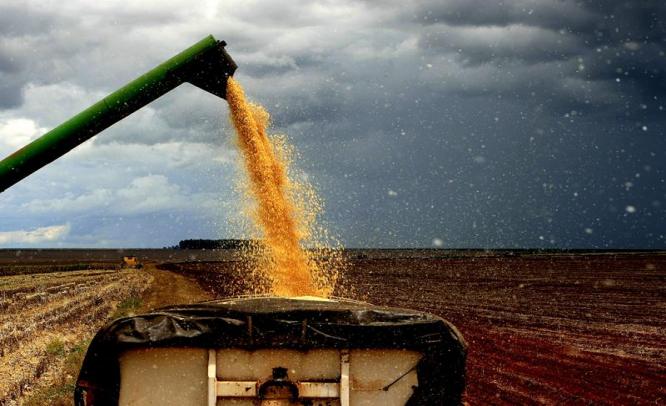Brazil benefited from a high global demand for commodities, such as minerals and food products. But if it weren’t for that, the country wouldn’t have performed so well.
Think of a ton of soybeans being transported from the fields of Mato Grosso do Sul – a state neighboring Paraguay – to the ports of Santos or Paranaguá, around 1,200km away. When it finally gets to the shipping point, the produce, one of Brazil’s most important export items, will have lost a big share of its value.
“Transporting by road takes long and can cost as much as US$ 120 a ton, while by ship the costs are three times lower,” says José Augusto de Castro, president of the national Foreign Trade Association, which represents 250 companies. “Brazil’s food exporters can still handle these burdens, but I don’t know for how much longer.”
Castro’s case summarizes much of the challenges faced by Brazilian entrepreneurs and described on a recent report, Brazilian exports – Climbing down a competitiveness cliff. The study, which examines in detail Brazil’s performance over the past 15 years, was carried out by Brazilian economists Otaviano Canuto, José Guilherme Reis, and Matheus Cavallari.
“The main message is that even though Brazil’s exports increased at almost twice the global rate between 2000 and 2010, they still lack competitiveness,” says Canuto, Vice President of World Bank’s Poverty Reduction and Economic Management Network.
Losing ground
“Brazil benefited from a high global demand for commodities, such as minerals (which, at 25.2%, accounted for the largest share of all exports) and food products. But if it weren’t for that, the country wouldn’t have performed so well,” explains Canuto.
The expansion looks even less stellar when compared to Russia’s, India’s, China’s, and South Africa’s. On average, exports in these emergent countries grew by 439% over the same period. “Brazil still needs more investments in infrastructure (ports, airports), logistics, and education – which would ensure a better-skilled workforce,” says Matheus Cavallari.
In addition, the study points to the need for more investment in machinery and software. And also for deeper economic interventions to reduce costs and paperwork, while boosting Brazilian productivity – a tax reform, for example. Nowadays taxes account for around 35% of Brazil’s GDP.
Brazil benefited from a high global demand for commodities, such as minerals and food products. But if it weren’t for that, the country wouldn’t have performed so well.
A national champion
Another finding in the study is a clear reduction in the share of high-technology products – from 10.4% to 5% over the same decade. Again, other emergent markets managed to surpass Brazil. “High-technology exports in 2000 were three times larger than India’s; currently the value of Brazil’s exports is equivalent to 80% of India’s,” says Cavallari.
“This is worrisome because in commodity markets prices and demand are set by buyers; with manufactured and high-technology products, it’s the other way round,” explains José Augusto de Castro.
“It’s important to make more investments in research and innovation because technology exports comprise not only equipment, but also design, for example. Embraer, which is a huge technology exporter, is Brazilian; we need a thousand more companies like it”, he concludes.
Source: World Bank

